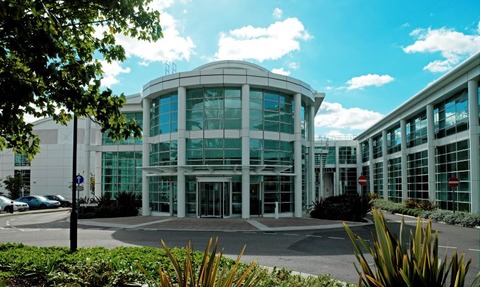Materials lab given uni boost
10 Jul 2014

The National Physical Laboratory (NPL) is shaping the future of materials science with strategic partnerships.
The Universities of Surrey and Strathclyde have been identified as the preferred partners to enter into a new strategic partnership with the Department for Business, Innovation and Skills (BIS) and the NPL, a global centre of excellence in measurement and materials science.
The partnership has been created to help shape future scientific priorities within the UK.
“An important focus will be to develop activity to support postgraduate research and training
David Willetts MP
As part of the alliance, a graduate institute will be established with the capacity to educate up to 300 ’high-calibre’ PhD students as a means of providing a new stream of skilled researchers.
Working alongside NPL staff, the potential of the laboratory will be grown through the creation of a series of regional hubs, a university statement said.
An NPL spokesperson told Laboratorytalk.com thats its regional hub in Huddersfield already provides bespoke measurement consultancy for advanced manufacturing applications, and the two new hubs would replicate this model.
“[There will be] one [hub] in Scotland with Strathclyde University and one in Cambridge. But all of this is to be discussed over the coming months as we start to bring this partnership to life,” the spokesperson said.
Likewise, science minister David Willetts said the partnership will help to boost NPL’s and the partners’ scientific excellence, will strengthen engagement with business, and will make more of the facilities and the site.
“An important focus will be to develop activity to support postgraduate research and training at Teddington and across the UK,” Willetts said.
The alliance will also see partnerships formed with the University of Cambridge, the University of Huddersfield and life sciences firm LGC.
Strathclyde University vice-chancellor Jim McDonald said: “Together, we will invest our joint expertise to significantly increase engagement across UK business and industry, raise our international research profile and deepen collaboration with the UK science base.”

